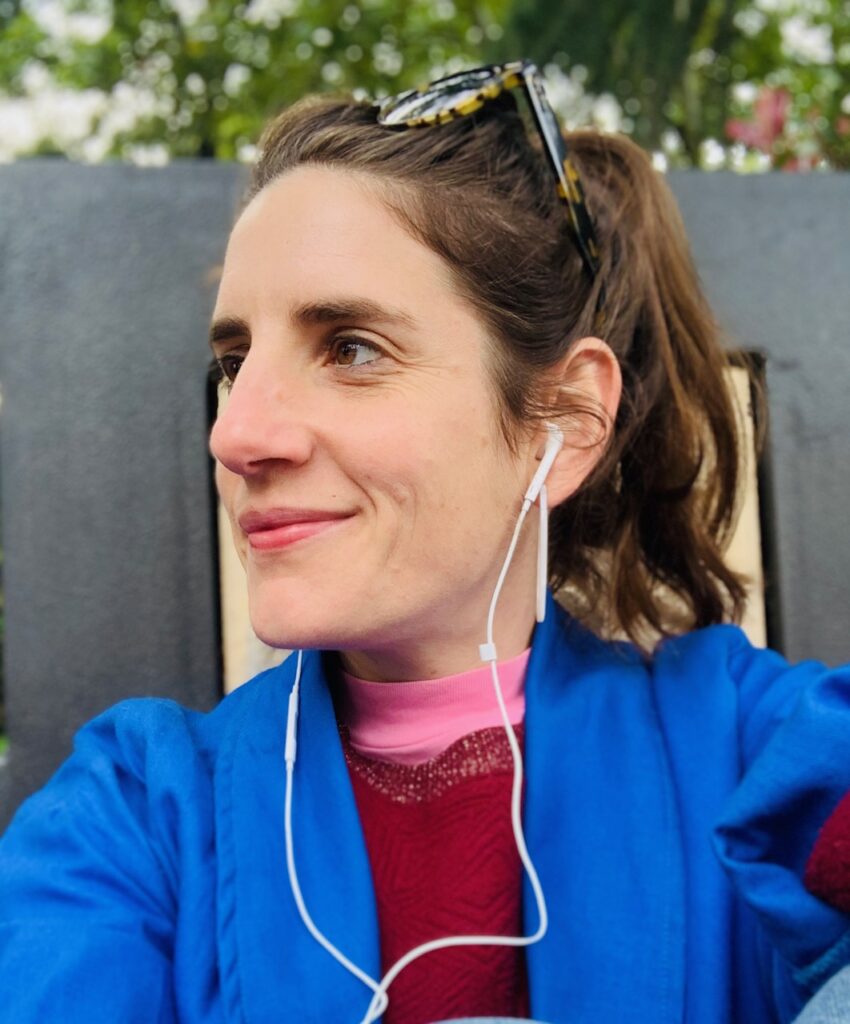
I am an inter/transdisciplinary scholar of reproduction who works at the intersection of science and technology studies, gender studies and global health and medicine. I work as a lecturer at the University of Amsterdam (30%) where I teach a course on Critical Perspectives of Global Health, Gender and Care and as a senior research fellow at Ghent University where I conduct research on transnational reproductive technologies (70%). Building on my experiences as a feminist STS researcher, lecturer and civil society organizer, I am excited to submit my candidacy as EASST council member.
Over the past 14 years, I have been conducting qualitative research on the global politics of (assisted) reproduction, fertility and family-making. As part of my doctoral research at Ghent University, I analysed the politics of assisted reproduction in Israel/Palestine, using older and newer reproductive technologies as a lens to understand broader socio-political processes in Israel/Palestine. Via postdoctoral fellowships at King’s College London, University of Cambridge and Ghent University, I expanded on this research by analysing the feminist political economy of global fertility chains, with an empirical focus on transnational surrogacy between Israel/Palestine and Georgia. Currently, I shifted my research gaze to Belgium with a research project on its global histories of transnational reproduction, in which I am scrutinizing the dis/continuities between past, present and future technologies of transnational reproduction, including intercountry adoption and surrogacy.
My research, teachings and public engagements are grounded in a critical understanding of the global inequalities through which (medical) science and technologies continue to materialise, and in a genuine desire to reimagine novel ways of ‘doing’ and ‘practicing’ S&T and STS in Europe (and beyond) that are committed to social justice. I am therefore eager to join the vibrant EASST community to collectively imagine and build this STS horizon through joyful and meaningful discussions and actions. My contributions would focus on two main themes:
1) Addressing and mediating the institutional vulnerabilities and precarities among women researchers in the field of STS, especially in relation to differential gender roles and expectations around parental care, family and kinship work.
2) Promoting decolonial STS practices that acknowledge the ongoing European histories of colonialism, empire and uneven development in contemporary political economies of science, technology and health, by furthering collaborations and setting up activities with academic and societal partners in the field.